Suffering a personal injury can be a challenging and life-changing event. Whether it is the result of a motor vehicle accident, a workplace incident or another form of negligence, the aftermath often brings not only physical pain, but also emotional stress, financial strain and uncertainty about the future.
One of the most important steps a claimant can take, both for their health and legal rights, is to seek and maintain appropriate medical treatment. Early and consistent treatment plays a vital role in both a claimant’s recovery and the success of a compensation claim.
In this article, Queensland personal Injury lawyer Natasha Robins, outline key considerations to help you recover from an accident, and support your claim for compensation.
Why Seeking Immediate Medical Treatment is Critical
Treatment supports recovery
First and foremost, accessing treatment supports your recovery. Depending on the nature of your personal injury, this might include visits to your General Practitioner (GP), physiotherapy, psychological treatment, surgery, or other specialist care.
Early intervention often leads to better long-term outcomes, reduces the risk of further conditions developing, and can improve a person’s overall quality of life.
It is important to let treatment providers know of any pain, anxiety or limitations in your daily life, to ensure that appropriate and fulsome treatment is provided.
The more information you can provide, the more tailored a treatment plan can be.
Don’t wait for things to get worse – early treatment can prevent complications in the future.
How Treatment Strengthens Your Compensation Claim
In Queensland, compensation claims are governed by legislation such as the:
- Motor Accident Insurance Act 1994
- Workers’ Compensation and Rehabilitation Act 2003
- Personal Injuries Proceedings Act 2002.
These pieces of legislation require evidence of injury, loss and efforts at rehabilitation, when seeking compensation.
Consistent and early treatment can assist by creating a documented history of an injury. Medical records serve as key evidence in showing the nature and extent of a person’s injuries, including how they impact a claimant’s life and the steps they have taken in an attempt to recover.
Such evidence can be vital for:
- Justifying claims for general damages;
- Establishing causation between the subject accident and a claimant’s injuries;
- Demonstrating the impact of the injury on a claimant’s work and personal life; and
- Supporting claims for future treatment costs.
If a claimant delays or avoids treatment, insurers and respondents may argue that an injury is unrelated or minor in nature. They can also argue that the claimant failed to mitigate their loss. In turn, this could reduce the amount of compensation a person is entitled to receive, or undermine their claim altogether.
Importantly, treatment costs can be covered by insurers in WorkCover and CTP claims, meaning the injured person is not usually out of pocket throughout the claims process, in seeking treatment for their compensable injuries.
The Importance of early physical rehabilitation
Early intervention from a physiotherapist, chiropractor, or other rehabilitation specialist can be crucial in addressing any injuries before they become chronic. Treatment such as physiotherapy can not only reduce pain and inflammation, but can also improve mobility, support muscle repair/development and speed up the recovery process.
It is recommended by health providers that treatment be sought within the first 12 weeks of an injury occurring to ensure the best possible prognosis.
From a legal basis, records and opinions of treatment providers can also play an important role in a compensation claim. Records can provide detail about an individuals symptoms, progress and functional limitations such can assist in establishing the seriousness of the injuries and the daily impact they have on an individual. These records are also important pieces of supporting evidence that can be provided to medico-legal experts during the claims process.
Don’t overlook psychological injuries
Recognising Emotional and Psychological Injuries
While physical injuries often receive immediate attention, the psychological impact of an accident can be just as debilitating. Symptoms such as fear, anxiety, helplessness, flashbacks, or changes in sleep, appetite, or mood can emerge days, weeks or even months following an incident. These kinds of feelings and symptoms are not uncommon, especially after a traumatic event such as a serious motor vehicle accident or work injury.
In Queensland, psychological injuries are recognised under the law and are compensable, provided they meet the relevant diagnostic criteria and are causally linked to the subject incident.
Regardless of whether a person meets the threshold for a diagnosed psychological injury, such as an anxiety disorder or PTSD, research shows that early support can be highly beneficial. Research indicates that early intervention can play a significant role in improving health outcomes, reducing secondary conditions and risk of injury, and improving overall quality of life.[1]
If you’re suffering any psychological symptoms, we recommend asking your General Practitioner for a referral to a Counsellor or Psychologist following any serious personal injury. Your GP can provide a Mental Health Treatment Plan which allows for subsidized sessions via Medicare. However, such treatment costs may be covered by the insurer, depending on the scheme your claim is governed by.
From a legal perspective, reports from psychologists or psychiatrists may provide benefit to medico-legal evidence, and can impact the value of a claim.
It is important to know that your experience and feelings are valid. There is no shame in seeking out support to navigate the emotional and psychological toll injuries and a personal injury claim can take.
Need Help Navigating Your Personal Injury Claim?
If you’re unsure about where to start or need help understanding if you have a viable claim or navigating the claim process, Evolve Legal can assist by providing free advice during an initial consultation. We will review your unique situation and assist you plan your next steps. If you would like to speak with one of our Personal Injury Lawyers today, please do not hesitate to contact us.
[1] Australian Government, A Comcare Research Team Publication, ‘Early Intervention Report’, October 2014, Page 11.
Posted in: Personal Injury
June 19 2025





